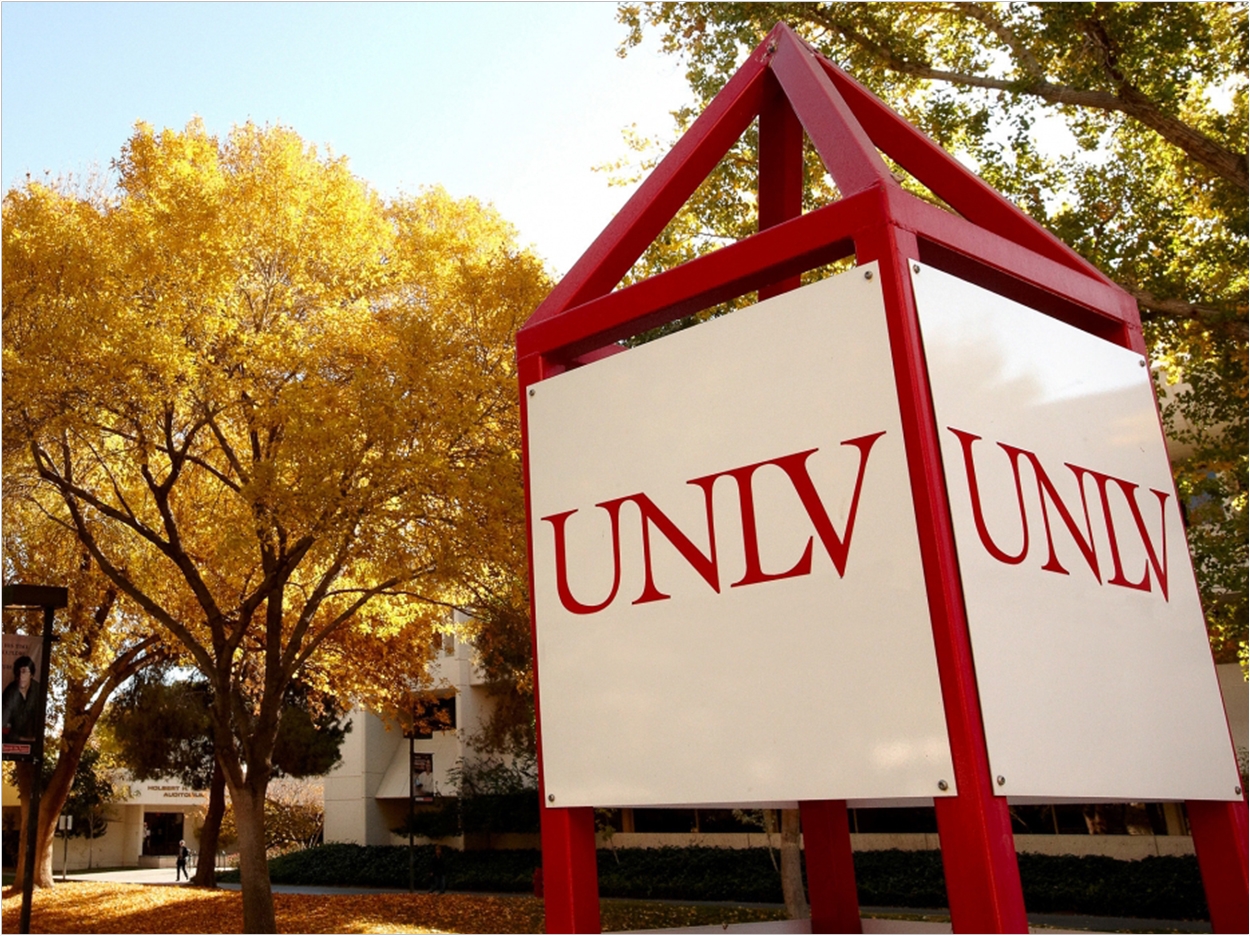
The School of Dental Medicine at the University of Nevada Las Vegas (UNLV) is voluntarily notifying 184 patients at its Faculty Dental Practice clinic about a potential risk of dental implant failure. The implant failure could result from the reuse of healing abutments, which are used during the implant healing process and later removed when the cap is placed. Best practices recommend discarding abutments after one use.
According to the Las Vegas Review-Journal, Phillip Devore, DDS, director of the clinic, would sometimes use healing abutments up to five times before discarding them. He said that he always sterilized the abutments between uses, so there would be no public health risk. Also, he said that he did not reuse them for any financial gain. The school was notified of this practice in September. Devore resigned from the school in December and now works in private practice.
“I choose to only use healing caps one time in my practice and as a best practice for my Teeth Tomorrow franchise doctors. While there are financial gains to reusing them, even when autoclaved, there could be biological debris left on the caps,” said Michael Tischler, DDS, Implants Editor for Dentistry Today.
“The other reason is I would rather not have to think about the chance that the screw threads that might be altered from previous use and cause damage to the implant screw channels. I don’t believe that after a healing cap is autoclaved that the risk of disease transmission is a concern, though,” Tischler said.
Symptoms indicating a dental implant failure include swelling, severe pain, discomfort, gum inflammation, or loosening or movement of the implant. The school is engaging in outreach to all potentially affected patients seen between 2014 and 2017. Patients may schedule free follow-up examinations with necessary dental implant replacements or alternative treatment offered free of charge during the next three years if failure is due to the reused abutment.
The abutments were sterilized, so the school is not aware of any increased risk of the spread of infectious disease. Patients who have been notified and are concerned about infectious disease may contact the school to arrange a testing plan. The school also has notified the Nevada State Board of Dental Examiners, the Southern Nevada Health District, and Nevada Health and Human Services. The school conducts between 50,000 and 60,000 patient visits each year.
Related Articles
Dental Implants in the Aesthetic Zone
Bone Grafting for Implant Dentistry












